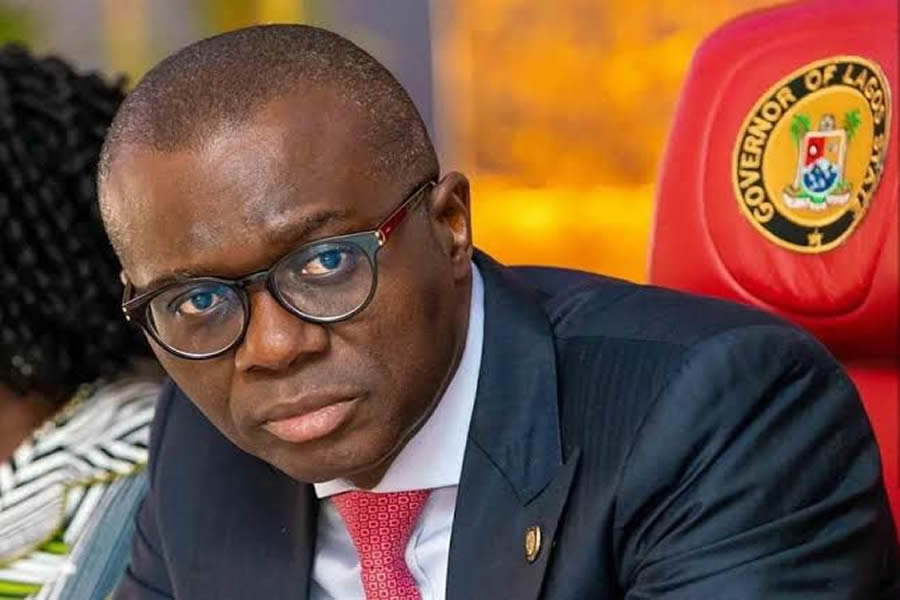Lagos State Solidifies Position as Africa’s Economic Powerhouse
Lagos State has reinforced its status as one of Africa’s leading economic hubs, with its Gross Domestic Product (GDP) reaching an impressive $259.75 billion, based on Purchasing Power Parity (PPP). This achievement positions Lagos as the second-largest city economy in Africa, following Cairo, Egypt.
In the first half of 2024, Lagos’ economy expanded significantly, growing from ₦19.65 trillion in 2023 to ₦27.38 trillion. This growth reflects the state’s resilience, driven by economic reforms and infrastructural advancements.
Exploring New Revenue Channels
Despite this economic growth, Lagos operates with a low tax-to-GDP ratio of just 2.3%. To enhance revenue generation, the state government has proposed a ₦500 entertainment tax, which is expected to generate ₦20 billion annually.
Key Economic Projections for 2024
- Revenue Target: ₦2.79 trillion
- Headline Inflation Rate: 34.2%
- Food Inflation Rate: 34.9%
- Macroeconomic Assumptions: Stability in the naira exchange rate and reduced petrol prices
Opportunities and Challenges for Investors
Lagos continues to attract diaspora investors, especially in sectors such as infrastructure, technology, real estate, and manufacturing. However, the state faces notable challenges, including:
- High inflation rates
- Foreign exchange volatility
- Infrastructure gaps
Addressing these concerns is vital to ensuring long-term and sustainable economic growth.
Nigeria’s GDP Rebase: A Shift Towards Modern Metrics
The National Bureau of Statistics (NBS) is preparing to rebase Nigeria’s national GDP, shifting the base year from 2010 to 2019. This update will better capture the evolving economic landscape, including sectors like e-commerce, fintech, pension services, and social insurance programs. The rebasing aims to provide a clearer and more accurate representation of Nigeria’s current economic dynamics.

